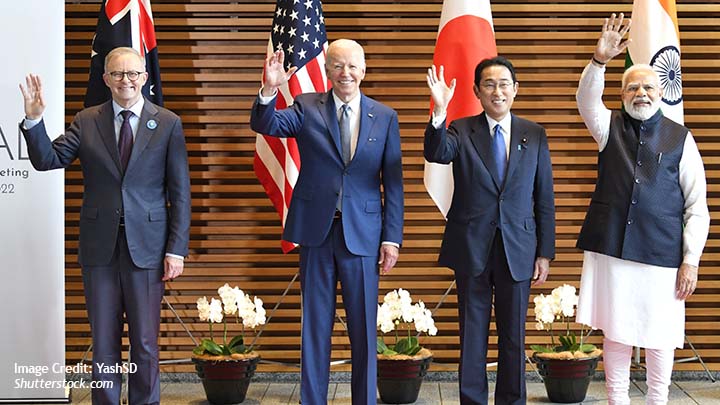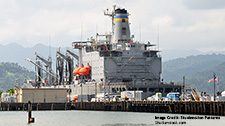China, the Indo-Pacific and NATO: Staying Relevant in a Shifting World Order

Jagannath P. Panda
Introduction:
Today, as the geopolitical tensions are heating up from the West across the East into the Indo-Pacific, the Cold War sentiments and terminology are getting a new lease of life across regions. Even as the North Atlantic Treaty Organization (NATO) recognizes Russia as the “most significant and direct threat” to European security, it is China’s dynamic rise – from quiet to ultra-belligerent – that is challenging the US primacy, which it has held since the end of the Cold War ironically. The US-China rivalry has not only changed the geostrategic landscape but also fueled speculations about the return of an “iron curtain.” Concurrently, China’s convergence with authoritarian and quasi-authoritarian (but politically weak) states of Russia, North Korea, and Pakistan – all nuclear states – has only resurrected the sleeping devil. Particularly, the “limitless friendship” and consequent invasion of Ukraine by its subordinate partner Russia in early 2022 has prompted the solidification of the “New Cold War” (or Cold War 2.0) narrative.
Related Publications
-
Not Drawing a Parallel. Ukraine and Taiwan: An Indian Perspective
Russia’s war against Ukraine has not only had economic, diplomatic, and geopolitical repercussions, but also exaggerated the fear of accelerated conflicts in the Indo-Pacific, a region with several unresolved conflicts […]
-
EU-Thailand FTA Negotiations: IUU Fishing and Human Rights Remain Obstacles
Thailand’s fishing industry, which at its height saw as many as 200,000 migrant workers from neighboring Laos, Myanmar, and Cambodia caught in a brutal system of abuse, withered global criticism […]
-
Trade, Connectivity and Supply Chains in EU-India Relations
In the decade and a half since 2007 when the EU and India first started their FTA negotiations, the world economic order has undergone a sea change. During that period, […]
-
Needed, a Framework to Protect Undersea Cables
In the data-driven world we live in, submarine cables are the arteries that connect nation-states and their people in literally every human activity, including trade, commerce, entertainment, and social interactions. […]
-
India-Japan-Philippines: A Strategic Maritime Trilateral or More?
Regional states like India, Japan, and the Philippines have been seeking cooperative solutions with other middle powers that can both counter the Chinese influence and fulfill other economic as well […]




